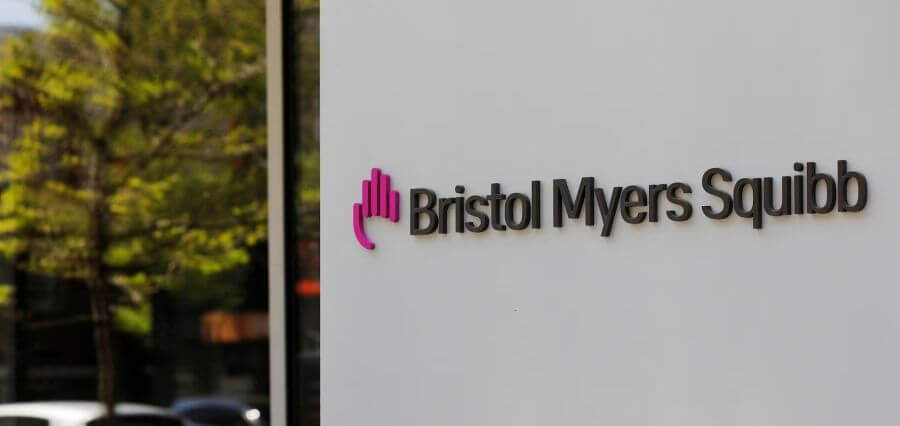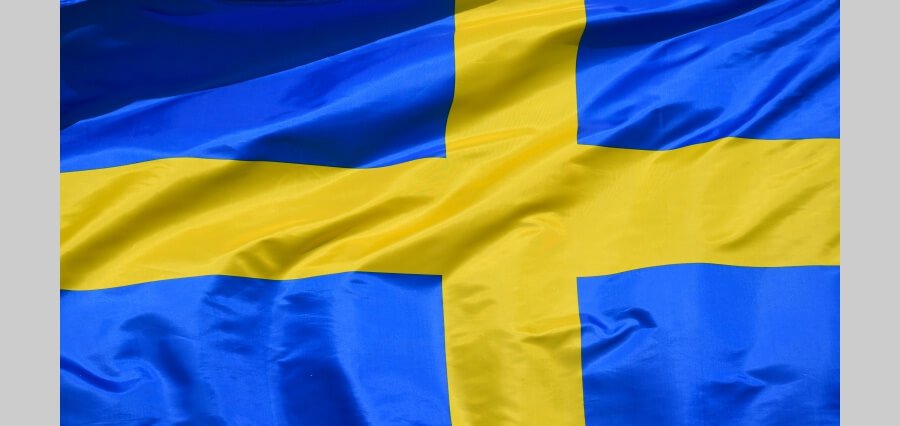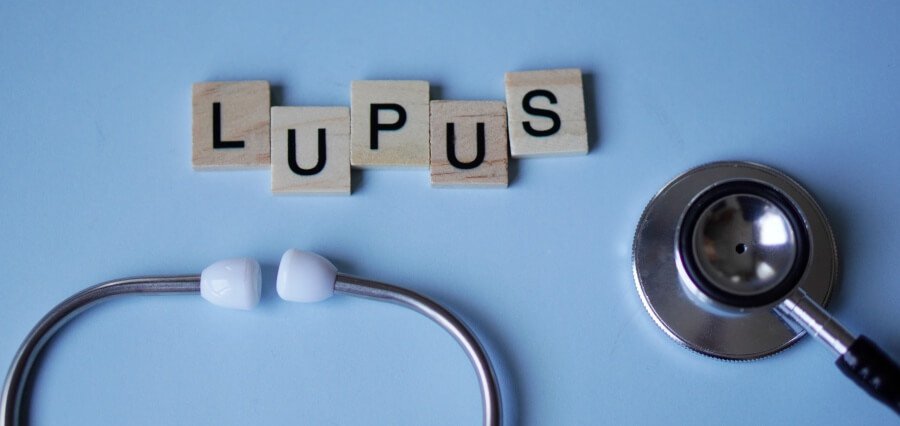On Friday, Bristol Myers Squibb announced second-quarter earnings and revenue that exceeded expectations, subsequently raising its full-year guidance as the company implements significant cost-reduction strategies.
The pharmaceutical leader adjusted its full-year revenue projection to reflect an increase at the “upper end” of the low single-digit range, an enhancement from its previous forecast in April, which anticipated a modest single-digit sales growth. The company also revised its 2024 adjusted earnings guidance upward to a range of $0.60 to $0.90 per share, from an earlier forecast of $0.40 to $0.70 per share. Following this announcement, Bristol Myers’ shares rose nearly 8%.
The positive results are part of Bristol Myers’ broader strategy to cut $1.5 billion in costs by 2025, redirecting these savings into pivotal drug brands and research and development initiatives. This plan includes the layoff of over 2,000 employees, the discontinuation of some drug programs, and the consolidation of its operational sites.
For the second quarter, Bristol Myers reported:
– Adjusted earnings per share: $2.07 versus a loss of $1.63 anticipated
– Revenue: $12.2 billion compared to the expected $11.55 billion
This marks a 9% revenue increase from the same period last year, amounting to $12.2 billion. The company posted a net income of $1.68 billion, or $0.83 per share, compared to $2.07 billion, or $0.99 per share, in the previous year. Excluding certain items, adjusted earnings per share were $2.07 for the quarter.
The revenue boost was primarily driven by the blood thinner Eliquis and a portfolio of drugs anticipated to drive long-term growth, including the cancer drug OPDIVO, which exceeded sales expectations for the quarter. Despite facing generic competition, revenue from the blood cancer drug Revlimid also surpassed analyst estimates.
Bristol Myers faces the challenge of introducing new drugs to mitigate the impending revenue loss from top-selling treatments like Eliquis and OPDIVO, which will eventually lose market exclusivity. Sales of Eliquis could be affected in 2026 when new pricing for Medicare patients, negotiated under the Inflation Reduction Act, takes effect.
Eliquis recorded $3.42 billion in sales for the quarter, a 7% increase from the previous year, aligning with analyst expectations. Revlimid, though down 8% from last year due to generic competition, generated $1.35 billion in sales, exceeding the $1.09 billion expected by analysts.
Read More: Click here





